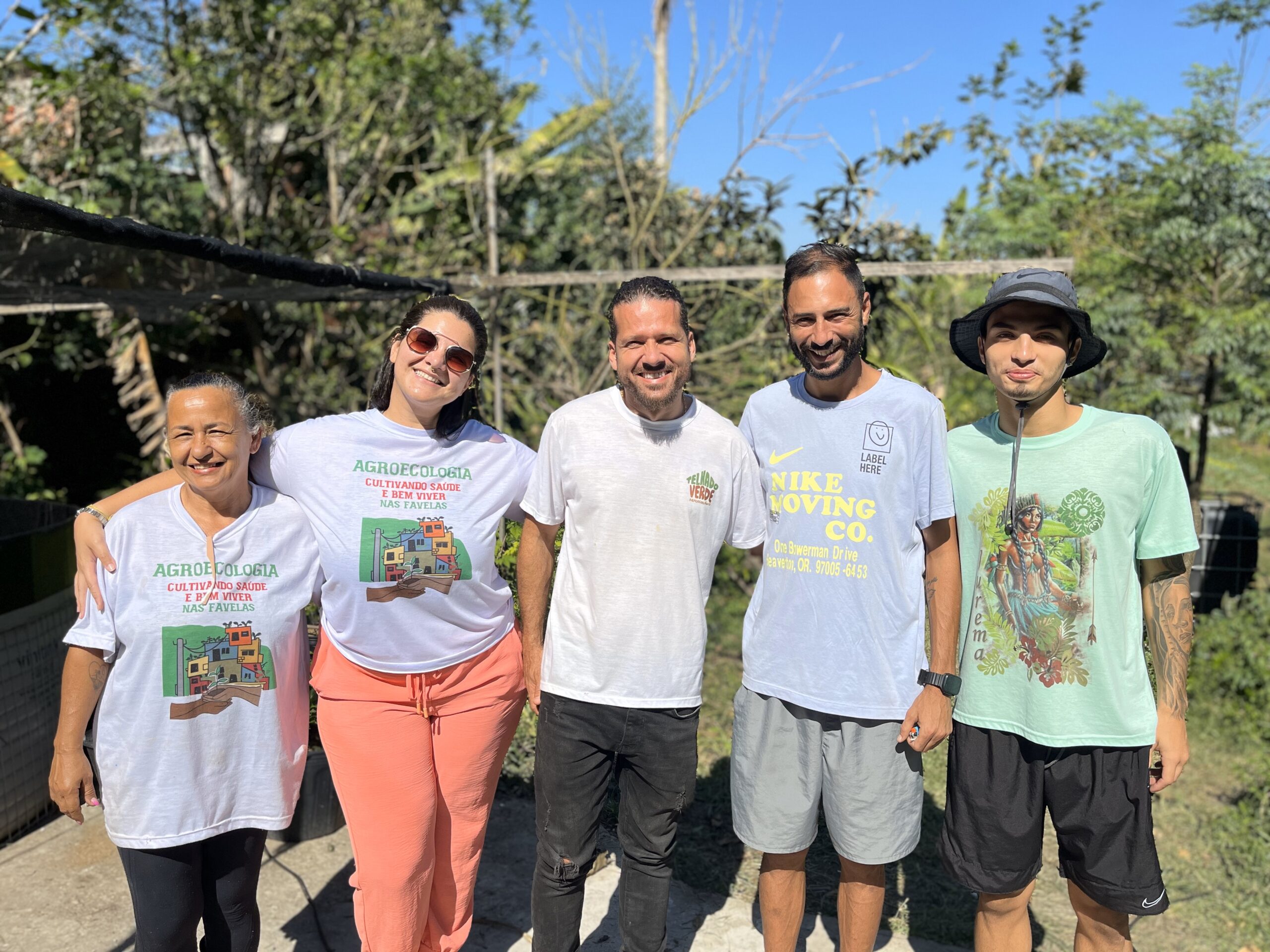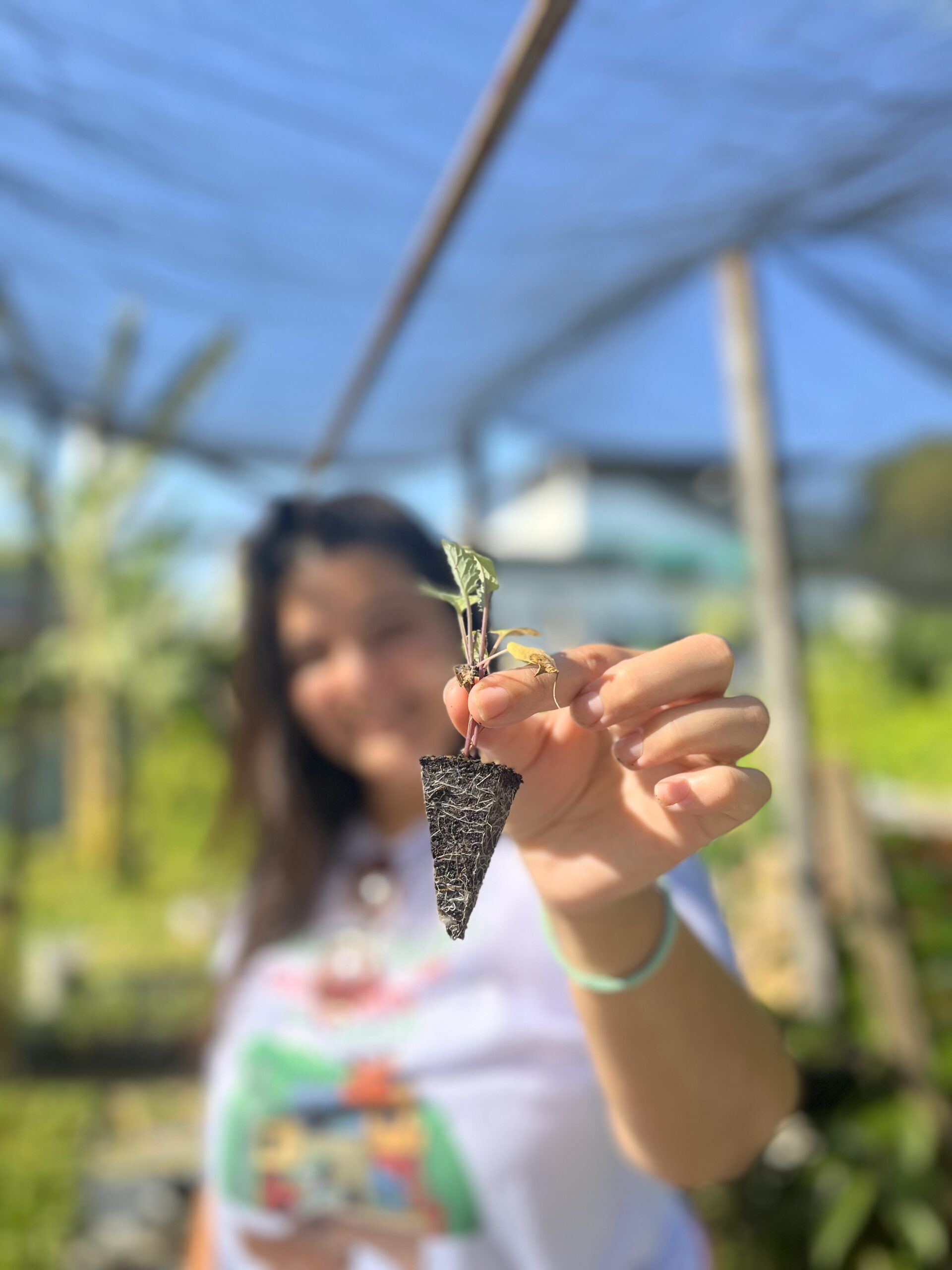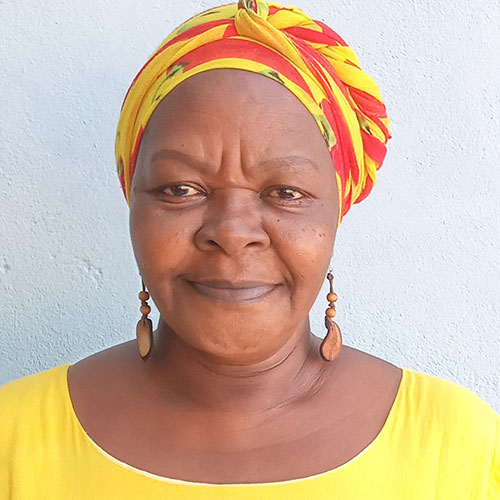Protecting Serra da Misericórdia: Urban agriculture and environmental education in action
The Telhado Verde Agroecológico project has been in the Engenho da Rainha neighbourhood, north of Rio de Janeiro, for seven years, doing beautiful work to preserve the Serra da Misericórdia, producing and donating quality food, without pesticides


Ricardo Devita dos Santos, 40 years old, born and raised in the Engenho da Rainha neighbourhood, in the north of Rio de Janeiro, is the creator of the Telhado Verde Agroecológico (‘Agroecological Green Roof’) project and, in an interview with Coluna da Neuza, told a little about the initiative.
Coluna da Neuza: What is the Telhado Verde Agroecológico?
Ricardo: Telhado Verde is a place where we, project participants, exchange stickers and help each other, because, before welcoming others, we have to welcome ourselves, we have to be strong.
The project is also an agricultural production unit within the city of Rio de Janeiro. We are bio-certified and participate in the Rede Carioca de Agricultura Urbana, by Hortas Cariocas, a program of the Secretaria do Meio Ambiente (‘Ministry of Environment’), and we are currently creating the SPG Zona Norte.
Coluna da Neuza: What does SPG mean?
Ricardo: It is a Sistema Participativo de Garantia (‘Participatory Guarantee System’), where the farmers themselves certify each other. Furthermore, we make mutual visits, meetings, a series of exchanges and, finally, we try to understand what we are using in the production of organic food.
Coluna da Neuza: And what does agriculture represent for you?
Ricardo: For me, it’s a family issue, because my family came from the countryside and, since I was a kid, I looked at this space where we planted some things. As an adult, I worked as a taxi driver for many years and, one day, I had an opportunity and decided to change. After many tests, I set up an aquaponics system here in the territory, where we now do agroforestry. We use the forest as a base to produce food.
Coluna da Neuza: What is aquaponics?
Ricardo: It is the farming of fish integrated with vegetables, with the recirculation of water and nutrients as a basis, in a closed, complete and easy-to-manage system. This allows the sowing and production of vegetable seedlings, thus enabling the entire production cycle to be carried out in the same location.
The main application is the domestic or residential, urban and peri-urban production of small leafy vegetables such as lettuce, watercress, kale, parsley and spinach, among others; medium-sized vegetables, such as tomato and pepper plants; and species of fish for consumption, such as tilapia and tambaquis.
Coluna da Neuza: How does it happen in practice?
Ricardo: Part of the fish water is pumped into a biological filter, where their waste is filtered and transformed into nutrients for plants. It is an integrated system, a water circulation scheme within a fish production organization. This way, you can produce fish and garden. This is aquaponics.
Coluna da Neuza: What is the main objective of the project?
Ricardo: The main objective is to preserve the Serra da Misericórdia, which covers 27 neighbourhoods in the north zone. Despite being an environmental protection area, land grabbers are present. In addition to preservation, the project aims to use the territory socially and sustainably, to produce organic food for those who live in the locality, improve the quality of life and promote food security for residents.

Coluna da Neuza: What brought you to this path?
Ricardo: The universe, the forest, I think. Or perhaps a life mission.
Coluna da Neuza: What are the next projects?
Ricardo: We intend to build a kitchen and, thus, be able to benefit our food, making it go straight from the garden to the kitchen. The objective is to bring autonomy to the project. With it, we will be able to produce, generate income and continue donating food to those in need. We intend to sell organic food and share our experience in the area.
Environmental education
Telhado Verde is also an environmental education unit, with work aimed at children, in conjunction with the NGO Dream House. Among other actions, they teach how to treat waste, how to produce substrate, how to eat better and carry out planting efforts with the little ones. Additionally, they offer psychological support for children with some types of disorders. The work also includes women.
Check out the testimonies of some project members
“I’m a gardener (responsible for looking after the garden) and here I do a bit of everything, from setting up the garden to transporting products for sale and donation”, explains Luiz Fernando, 33 years old, a collaborator at Telhado Verde Agroecológico.
“I arrive here every morning and my role is to water the plants, make beds, and help remove the plants from the seedbeds until it is time for them to be planted in the ground. With each passing day, I learn more. I came on medical advice, and ended up staying; For me, this work works like therapy”, says volunteer Mônica, aged 54.
“My role is to continue working with children’s environmental education, through a monthly event involving around 30 children. The objective is to put them in contact with the land, teach them what preservation is and other practices”, concludes collaborator Jessica.


Find out how to help
The project needs donations of general construction materials, stoves, refrigerators, freezers and other household items to set up a medium-sized industrial kitchen.
For a cash donation, use pix 104.942.367-44 (CPF)
To find out more, follow Telhado Verde Agroecológico on Instagram.



